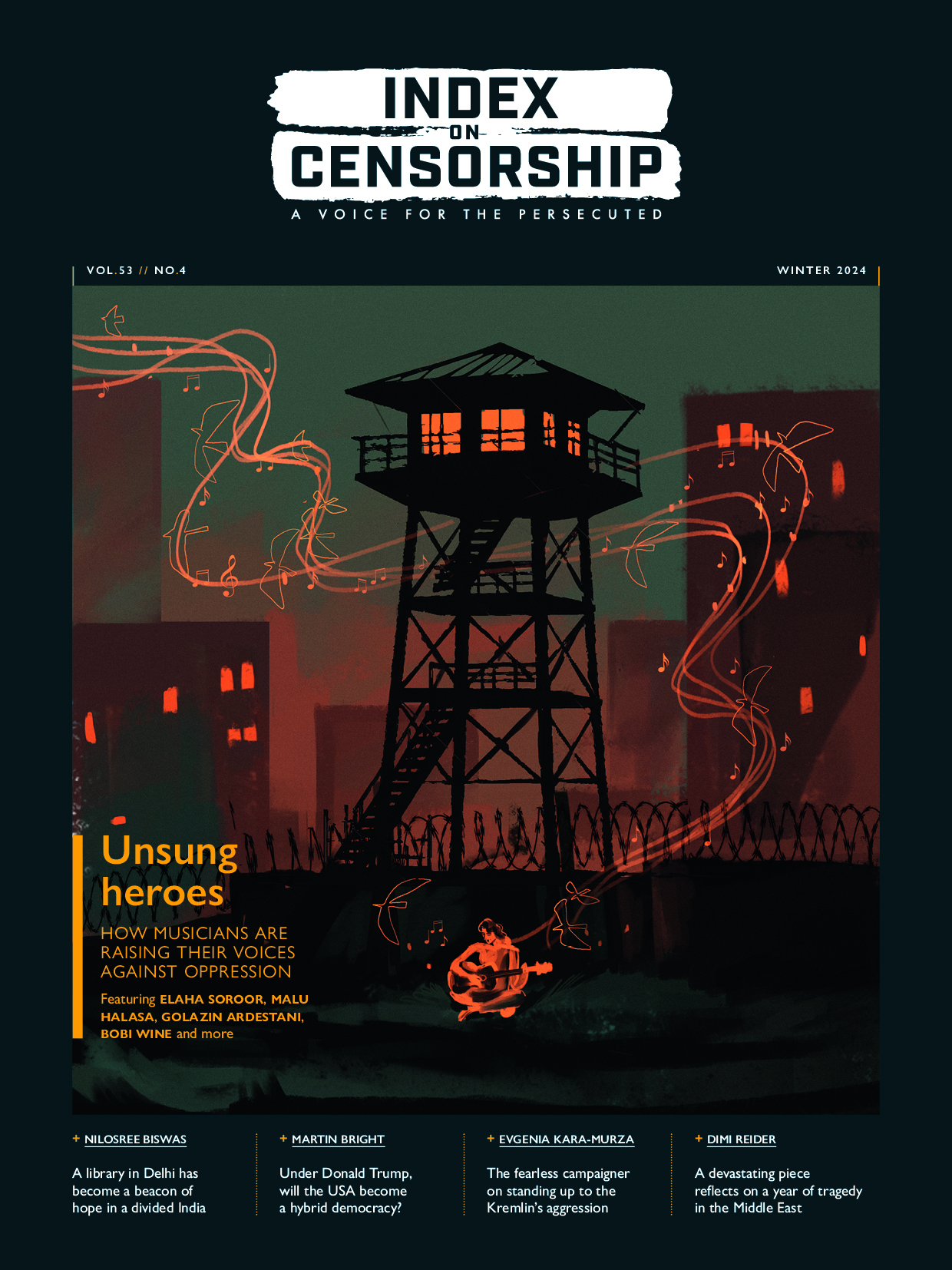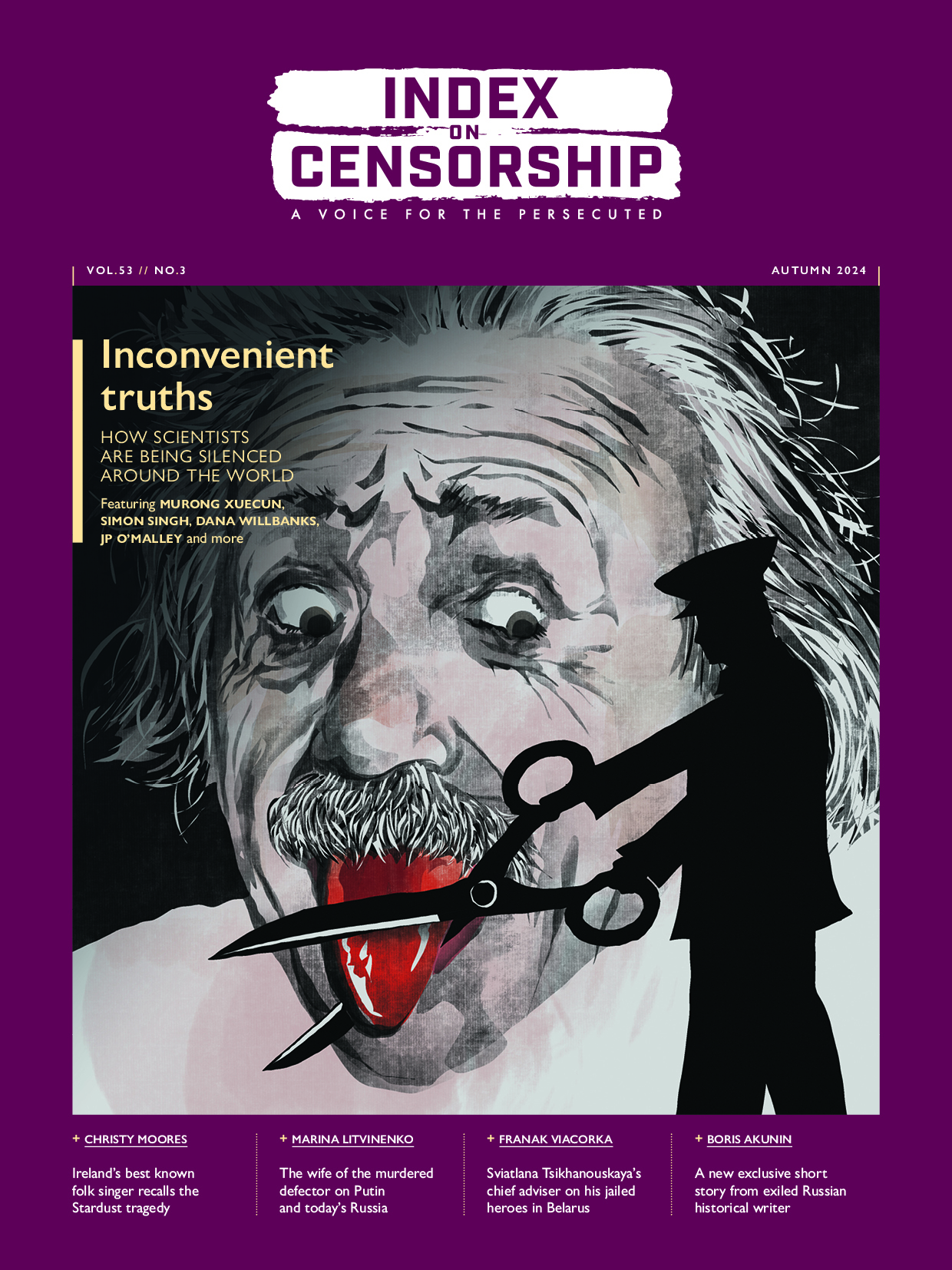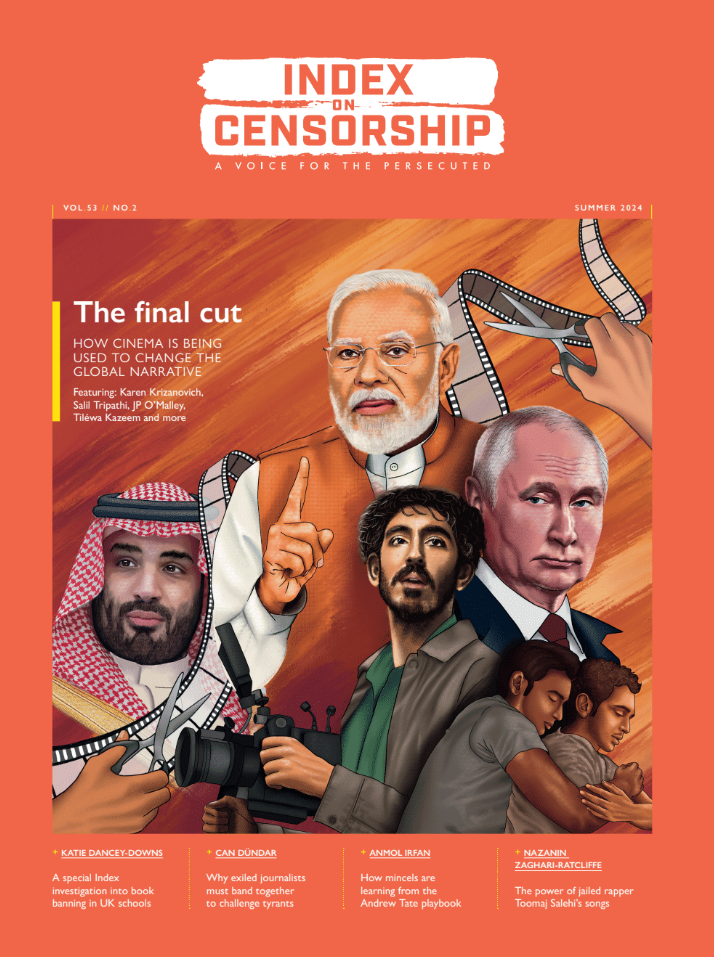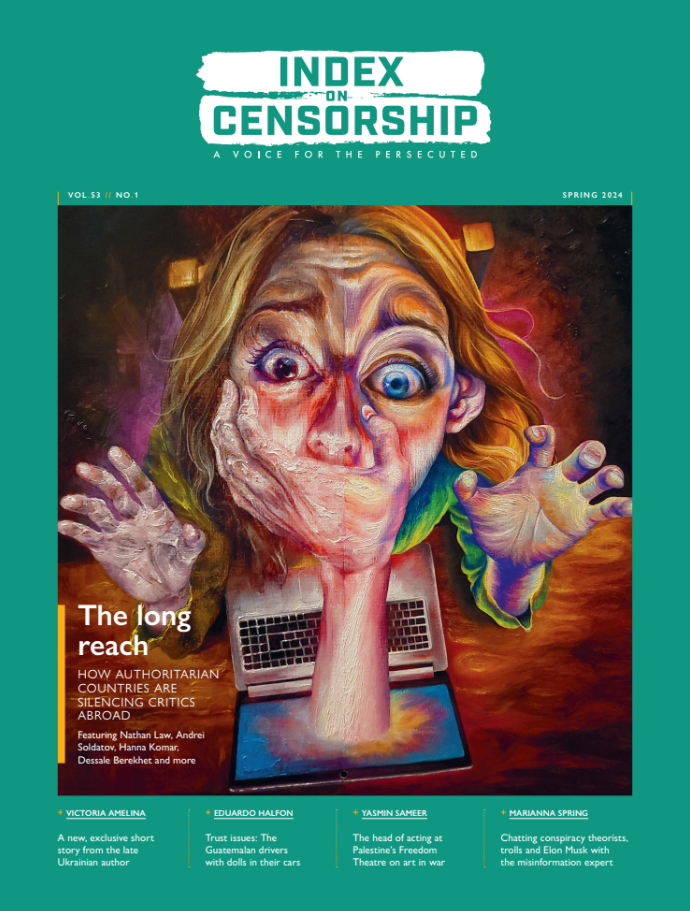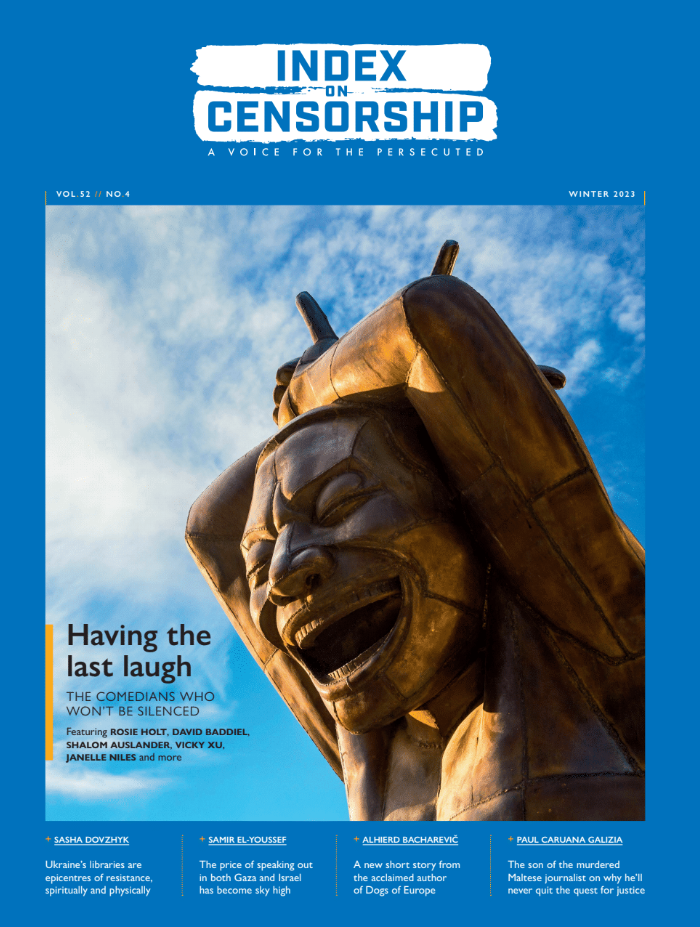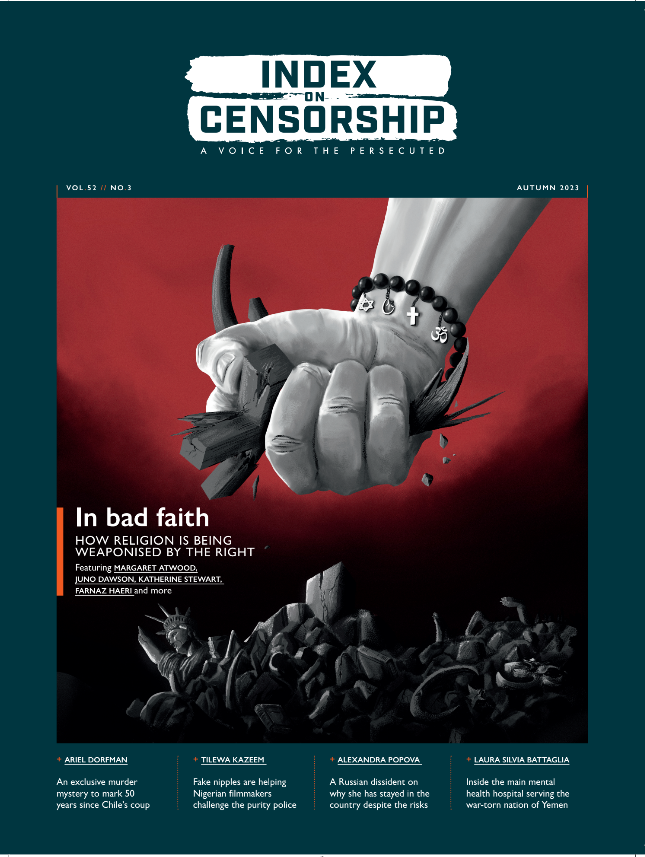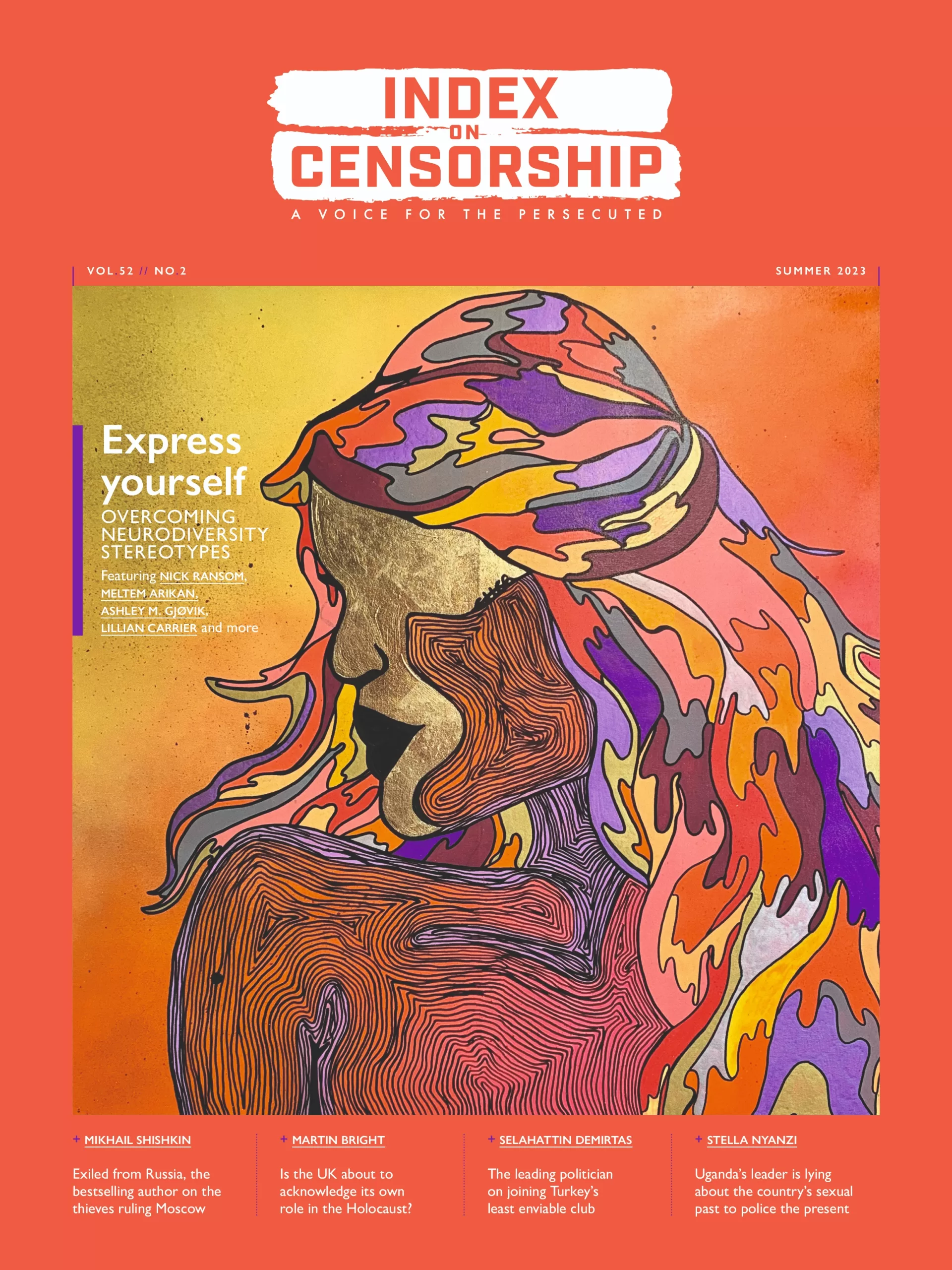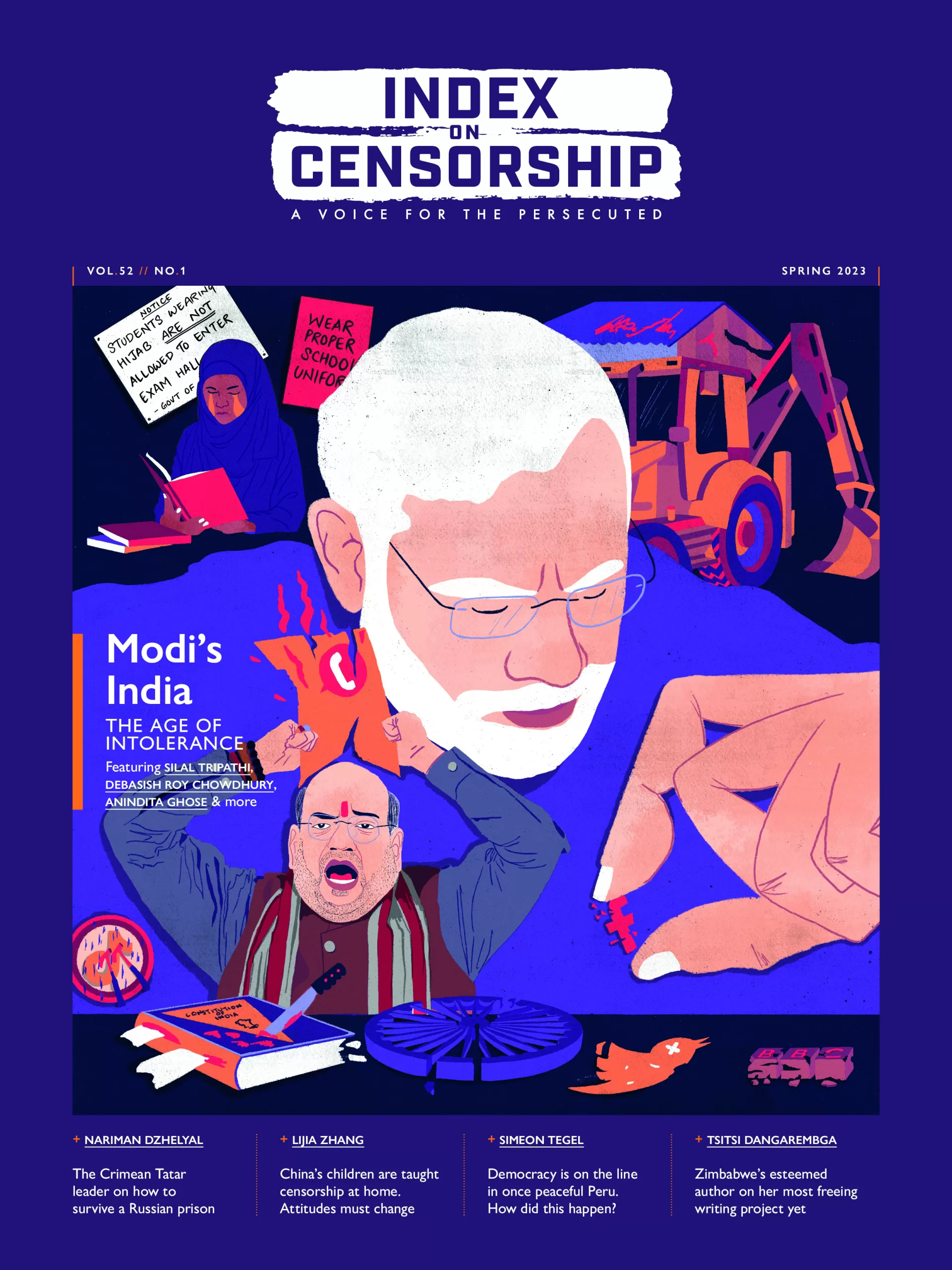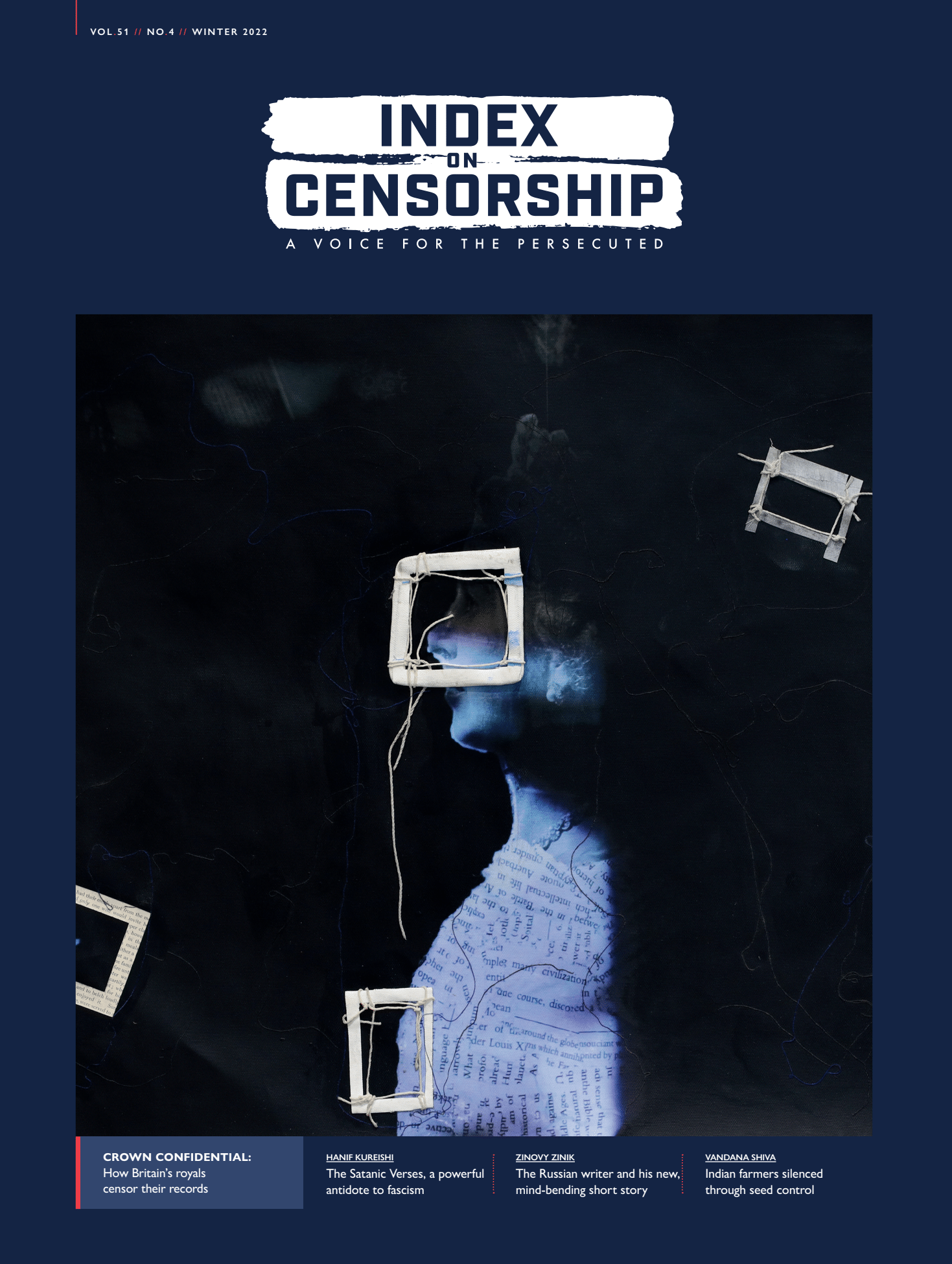[vc_row][vc_column][vc_column_text]

Tolerance and the intolerable, the May 1994 issue of Index on Censorship magazine
By Stephen Spender
It is fitting that with this Spring number Index on Censorship should be completely renewed. For we have moved into an entirely different world from that which existed in 1968 when I received a letter from Pavel Litvinov, then in Moscow, in response to one I had sent him. Pavel asked me to set up a committee in England to consider what action we might take to diffuse worldwide knowledge of censorship wherever this happened — not only in that part of the world dominated by the Soviet Union, he insisted, but all over the world wherever there was censorship. He cited Greece (this was the era of the Colonels) and South Africa as examples.
In those days, because of the vast areas subjected to direction from Moscow, censorship, though happening to a greater or less extent all over the world, had a monolithic look. Today we live in an era of fragmentation and censorship is liable to be local. It is liable to be one of the phenomena connected with ethnic conflicts in which one group aware of itself as a people shuts itself off from other groups — the Serbs from the Croats, the Croats from the Muslims.
Fragmentation may not lead directly to overt censorship. Yet it is in itself a concentration on particular points of view which inhibits wider, more general, points of view from being expressed. At the end of this century there is the danger of our entering an extensively fragmented world, particularly in areas where old centres of power have broken up.
The opposite of censorship is self-expression, which we call literature. And one result of the present period of fragmentation through which we are living seems to be the disappearance of the literature which previously attained a kind of notoriety through its being banned or smuggled out of the countries where it was banned. Nations are released from tyranny, but instead of there following an upsurge of creativity there falls a silence.
Reporting on censorship was, and still doubtless is, the main task of Index. But recent circumstances suggest that as well as being concerned with what is negative, Index should be concerned with the positive: the state of the culture in certain countries: that is not only whether freedom is being suppressed there, but to what effect it is being used.
[/vc_column_text][/vc_column][/vc_row][vc_row][vc_column width=”1/3″][vc_column_text]The winter 2017 Index on Censorship magazine explores 1968 – the year the world took to the streets – to discover whether our rights to protest are endangered today.
With: Ariel Dorfman, Anuradha Roy, Micah White
[/vc_column_text][/vc_column][vc_column width=”1/3″][vc_single_image image=”96747″ img_size=”medium”][/vc_column][vc_column width=”1/3″][vc_column_text]In print, online. In your mailbox, on your iPad.
Subscription options from £18 or just £1.49 in the App Store for a digital issue.
Every subscriber helps support Index on Censorship’s projects around the world.
[/vc_column_text][/vc_column][/vc_row]



